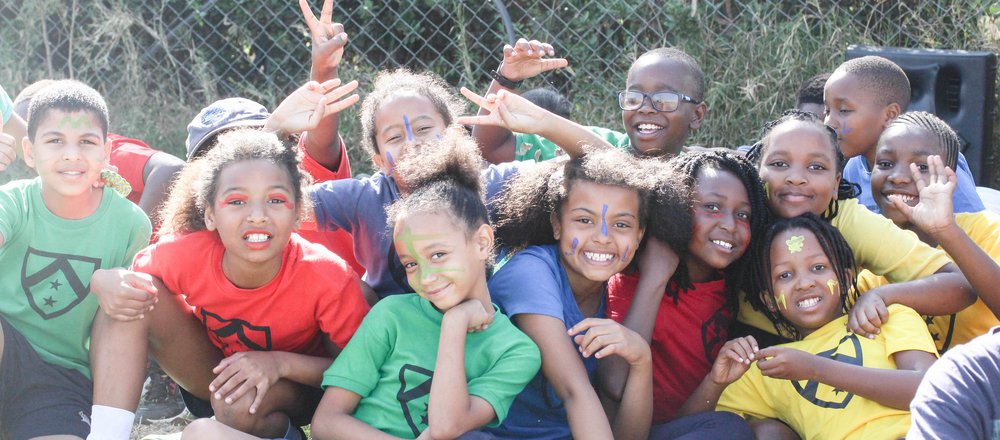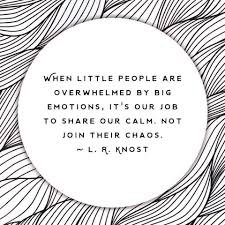Supporting Children's Emotional Development

10th November 2018
Children’s responses to the different feelings they experience every day have a major impact on their choices, their behaviour, and on how well they cope and enjoy life.
Emotional development involves learning what feelings and emotions are, understanding how and why they happen, recognising one’s own feelings and those of others, and developing effective ways of managing them. As children grow and are exposed to different situations their emotional lives also become more complex. Developing skills for managing a range of emotions is therefore very important for their emotional wellbeing.
Key points for supporting children’s emotional development
Providing effective support for children’s emotional development starts with paying attention to their feelings and noticing how they manage them. By acknowledging children’s emotional responses and providing guidance, parents, carers and school staff can help children understand and accept feelings, and develop effective strategies for managing them.

Tune into children’s feelings and emotions
Some emotions are easily identified, while others are less obvious. Tuning into children’s emotions involves looking at their body language, listening to what they are saying and how they are saying it, and observing their behaviour. This allows you to respond more effectively to children’s needs and to offer more specific guidance to help children manage their emotions.
Help children recognise and understand emotions
Taking opportunities to talk with children and teach them about emotions helps children to become more aware of their own emotions as well as those of others. Encouraging children to feel comfortable with their emotions and providing them with practice in talking about their feelings helps children to further develop ways to manage their emotions.
Set limits on inappropriate expression of emotions
It is very important for children to understand that it is okay to have a range of emotions and feelings, but that there are limits to the ways these should be expressed. While acknowledging children’s emotions, it is therefore very important to set limits on aggressive, unsafe or inappropriate behaviours.
Be a role model
Children learn about emotions and how to express them appropriately by watching others – especially parents, carers and school staff. Showing children the ways you understand and manage emotions helps children learn from your example. This includes examples of saying: “Sorry, I lost my temper” (because no parent is perfect!) and then showing how you might make amends.
When it comes to child development, feelings matter. Everyone feels overwhelmed at times but some children can react more strongly to everyday experiences than others. For this reason, it can be useful to understand how temperament affects feelings. Young children especially need adults to help them in developing coping skills for managing emotions. A great way to help children with their emotions is to role-model talking about emotions and being calm.
This can be especially helpful when supporting children around fear and worries. Everyone gets scared, and children can get scared for all sorts of reasons. Very young children are often afraid of imaginary things like monsters hiding under the bed. Older children usually fear real things that might happen, like being hurt. All children need reassurance and support so they can learn to cope with fear and worries on their own.
Older children can also benefit from understanding the relationship between coping with fears and helpful self-talk. Making sense of older children’s emotions requires tuning in, reflecting back to them what you’re noticing and asking open-ended questions. Helping children to manage feelings builds emotional self-awareness and can also help children to understand how thinking affects feelings.








